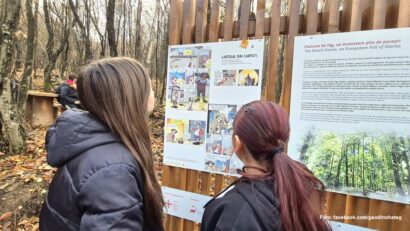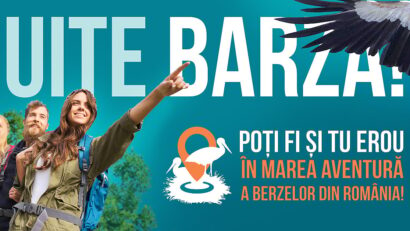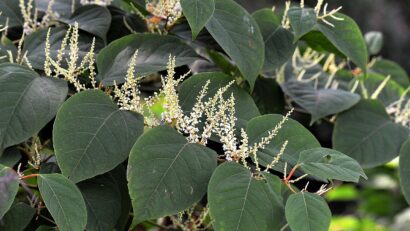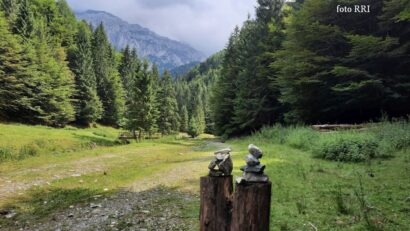Rediscover Romania
Romania has a rich and valuable natural heritage, boasting the most diverse bio-geographic conditions in Europe
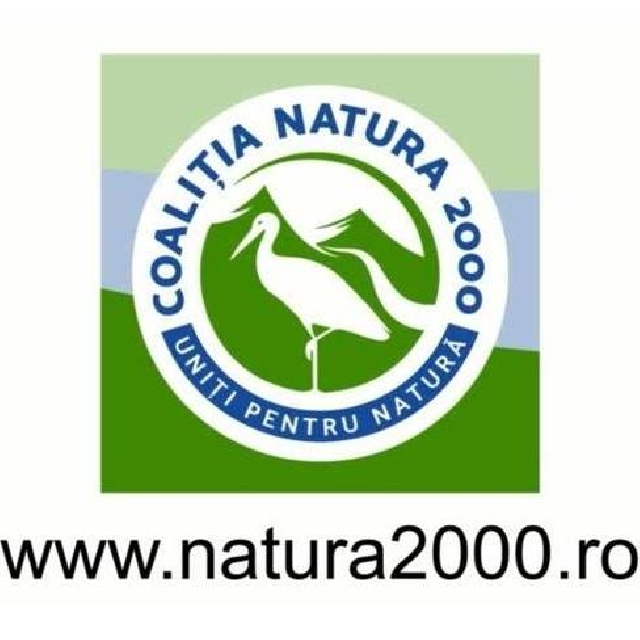
România Internațional, 25.01.2019, 11:48
Romania has a rich and valuable natural heritage, boasting the most diverse bio-geographic conditions in Europe, which preserves unique ecosystems and rare species. It has 30 nature and national parks, two geo-parks, hundreds of nature reserves and monuments, 19 Ramsar sites, the Danube Delta Biosphere Reserve and many protected areas that are part of the Natura 2000 network. Late last year, the Natura 2000 Coalition launched the project Rediscover Romania, which provides a new sustainable development vision for Romania, focusing on preserving nature in the protected areas. Environmentalists propose a better management of such protected areas, which would help preserve biodiversity and at the same time ensure a sustainable development of towns and villages. Liviu Cioineag, the Executive Manager of the Natura 2000 Coalition foundation told us:
“Unfortunately, although approx 25% of the Romanian soil is legally protected, in many cases this status is valid only on paper. Management is poor, and this is something that must be improved, if we really want to enjoy nature also 30 years from now. That is why the Natura 2000 Coalition worked for two years to come up with a strategy, showing us what nature should look like 10 or 20 years from now. Its a long-term dream, which tells us that we want more protected areas. The percentage of protected areas should increase from 23% as it is today, to 30%. Moreover, what we want is for these parks to be managed in a coherent manner, and their main goal to be protection of biodiversity. This means that the level of preservation and non-intervention must be high, and the territory affected by human intervention must decrease, for each park to benefit from a non-intervention area covering 75% of its surface. This means that the only activities allowed there should be tourism and scientific activities.”
NGOs and the greens have harshly criticized the elimination from the environmental legislation of the position of protected area steward, as such areas will now be managed by the National Agency for Natural Protected Areas. In the past, such stewards stopped many controversial projects in protected areas (hotels, mines, roads, deforestation and real estate projects) as any intervention in such areas used to require their endorsement. Another problem facing protected areas is the lack of funds, which would allow the proper management of these areas and the necessary conditions to reach the nature projection goals. Here is Liviu Cioineag again:
“What we need is unitary management. We need the Romanian state to coordinate the management of these protected areas in a unitary manner. We want funds earmarked for protected areas, because, at the moment, only the parks managed by ROMSILVA, the National Forest Administration, get money from wood exploitation, namely some 3 million Euros per year. Other than that, no other natural protected areas, and in particular those in the Natura 2000 network, benefit from any funding whatsoever. Until last autumn they were managed by several different types of entities, from environmental protection agencies to county councils, local councils, universities and NGOs. Basically, it was last autumn that the management of such sites was centralized. The National Agency for Protected Areas, set up 2 years ago, has taken over from Romsilva the Natura 2000 sites, except for the Danube Delta Biosphere Reserve and the national parks. There has been a shock in terms of the management of protected areas. Whereas not long ago civil society, NGOs, were involved in fund raising and in various other activities, such as research, monitoring, species identification, conservation, patrols, and tourist activities, which somehow brought value-added to the local communities, now all these are gone. We can safely say that at the moment Romanias protected natural areas, except for the Romsilva national parks, are in nobodys hands, they are without any kind of protection or management.”
The experts that have initiated the Rediscover Romania project set out 10 core principles for the management of the network of protected areas and for nature conservation in Romania. Erika Stanciu, head of ProPark-Foundation for Protected Area, a member of the Natura 2000 Coalition, told us:
“I would like to mention, first and foremost, the priority principle, which says that where there are protected areas, their goals must be prioritized over and above any other objectives. This is what the law requires, this is what should happen, because where we have protected areas, if we give priority to those objectives that are related to these areas, and which have to do with sustainable development and the conservation of nature, we will indeed manage to turn these areas into models for our society. Another essential principle is transparency. The decision-making system in the management of all protected areas in Romania must be transparent and enable the active involvement of all stakeholders. This is tied to another important principle, namely participatory management. This is important because, at present, this participatory management system for protected areas is jeopardized, after the withdrawal of the stewards who had taken care of the respective areas for 18 years. The participatory management principle means that all the stakeholders with resources and interest may be able to participate in the management of protected areas.”
The authors of the document hope that the project will be taken over by the relevant authorities, as part of a national strategy, so as to identify the adequate solutions to preserve this heritage, which is unique in Europe.

